From the outside, Israel’s southern desert might look like a barren expanse of heat, dust, and silence. But under the surface – both literally and figuratively – the Negev is quietly becoming one of the world’s most important testing grounds for the future of life in extreme climates.
At the heart of this transformation is Desert Tech, a climate innovation center based in Be’er Sheva, spearheaded by Sivan Cohen Shachari. Desert Tech isn’t just a catchy phrase – it’s a strategic initiative turning the Negev into a global sandbox for technologies designed to combat desertification, extreme heat, water scarcity, and food insecurity.
A Strategic Sandbox for Climate Innovation
“Desert Tech,” says Sivan, “is about more than just surviving in the desert. It’s about learning to thrive in it.” Originally incubated by the philanthropic Merage Foundation, Desert Tech emerged from a simple but powerful idea: Israel’s Negev desert, with its mix of arid terrain, cutting-edge research institutions, and diverse human capital, could serve as a global test hub for climate resilience.
And it’s not just theory. The region’s extreme conditions mirror those of fast-desertifying areas around the world – from Central Africa and the Middle East to parts of the U.S., like Utah and Arizona. What works in the Negev could scale globally.
From water tech and agri-voltaics (combining solar panels with agriculture), to heat-resilient construction materials and microalgae-based food systems, Desert Tech’s mission is clear: turn climate challenges into climate solutions.
Building Innovation Where It’s Needed Most
Be’er Sheva, the capital of the Negev, is no ordinary desert town. It’s a rising hub of academic, industrial, and military assets. Ben-Gurion University produces over 2,000 engineers a year. The nearby Soroka Hospital serves nearly a million people in one of Israel’s most socioeconomically diverse regions. There’s a high-tech park, a major train station, and even elite army units stationed nearby.
With the backing of the Israeli government, an official “innovation district” was established in Be’er Sheva. Alongside cybersecurity and digital health, desert tech was declared one of its three flagship sectors.
But Sivan and her team saw a gap: too many silos between academia, startups, and local communities. Desert Tech’s approach has been to connect the dots – breaking down barriers and helping researchers, entrepreneurs, and regional farmers co-develop real-world solutions.
“We see the Negev as a literal sandbox,” Sivan says. “It’s a place where technology can be validated, stress-tested, and then exported to where it’s most needed – whether that’s in the UAE or Sub-Saharan Africa.”
From Be’er Sheva to Bamako: A Bridge to Africa
Desert Tech isn’t working alone. In 2023, the center hosted delegates from 10 African nations – many without formal diplomatic ties to Israel – for a groundbreaking collaboration organized with the UN Convention to Combat Desertification.
Instead of just showcasing Israeli tech, the program focused on co-defining challenges with local experts from Mali, Chad, Niger, and others. These governments didn’t just want tree-planting campaigns; they wanted scalable solutions to soil degradation, water scarcity, and agricultural collapse.
“We can’t just export technologies,” Sivan explains. “We need to understand the cultural and environmental context, work with local governments and NGOs, and build long-term, stable partnerships.”
And it’s working. Projects are now underway across Africa, with Israeli-developed innovations being adapted to local realities. In doing so, Desert Tech is positioning Israel not only as a startup nation – but as a desert nation for a desertifying world.
A Paradox with Purpose: Greening the Desert – Carefully
Some may ask: isn’t desert tech trying to “fix” the desert? Isn’t it ironic to love the desert and then try to make it green?
Sivan doesn’t see it that way. “It’s not about eliminating the desert – it’s about preventing the expansion of uninhabitable, degraded land,” she says. “There’s a difference between preserving natural desert ecosystems and fighting desertification.”
This distinction plays out in technology development too. One of Desert Tech’s most promising areas is agrivoltaics – placing solar panels above crops or fishponds. It’s a clever solution that reduces evaporation, generates clean power, and maintains agricultural productivity.
But it’s not without complexity. Too much shade could harm yields. Panels could impact local ecosystems, including pollinators and migratory birds. “You can’t just drop tech on land,” Sivan warns. “You need rigorous testing and regulatory support.”
That’s why Desert Tech isn’t just an incubator – it’s a validator. It brings startups into real-world conditions, gathers data, and makes sure innovations don’t just work in theory – but work for the people and the planet.
Why the Negev Still Struggles to Attract People
Despite the tech boom, beautiful desert landscapes, and government subsidies, the Negev still houses only about 10% of Israel’s population. The biggest barrier? Opportunity.
“There aren’t enough job options for young professionals post-army or post-university,” says Sivan. “People won’t move their families without knowing what comes after their first job.”
That’s changing – slowly. With Desert Tech’s support, companies like Group 19 are helping build a local tech workforce, focused on fields like drone technology and data analysis. Meanwhile, municipalities like Eilat are pushing for full energy independence using solar power and battery storage, creating new kinds of local infrastructure jobs.
Still, Sivan emphasizes, meaningful growth will require more than just policy or subsidies. “We need to give people a mission, a reason to stay – Zionism, idealism, a vision for building something that matters.”
What’s Next: Looking Toward 2040
So where is this all heading?
Sivan predicts that by 2040, we’ll see a major shift in population preferences – from urban congestion to balanced, nature-integrated living. “The Negev can offer that balance,” she says. “And the world will need what we’re developing here.”
Expect to see more microgrids, algae-based food systems, heat-resilient materials, and climate-smart agriculture – all born in the Negev and scaled globally. Partnerships across the Middle East and Africa will deepen. And Desert Tech will serve not just as a regional hub, but as a global climate resilience accelerator.
Because while the desert may seem quiet, it’s speaking loud and clear: adapt or disappear.
Interested in more insights about Israeli startups expanding globally? Follow IsraelTech for exclusive interviews, deep dives, and expert perspectives.




